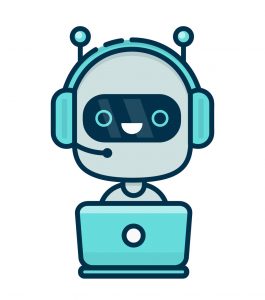 The copyright bots have been unleashed, they have a mind of their own, and there is little that can be done to stop them.
The copyright bots have been unleashed, they have a mind of their own, and there is little that can be done to stop them.
Copyright bots, otherwise known as content recognition software, are automated programs that can analyze audio and video clips uploaded to a platform, then compare those Clips against a database of content provided by copyright owners to identify matches. The copyright owners can then review the identified matches to assess if they are actually copies, if they are authorized or not, and if any action is warranted. Some programs utilizing copyright bots offer their own enforcement procedures to customers, while other programs are partnered with law firms that will act on behalf of the copyright owners to enforce their rights, including sending demand letters and filing lawsuits.
 Internet & Social Media Law Blog
Internet & Social Media Law Blog






